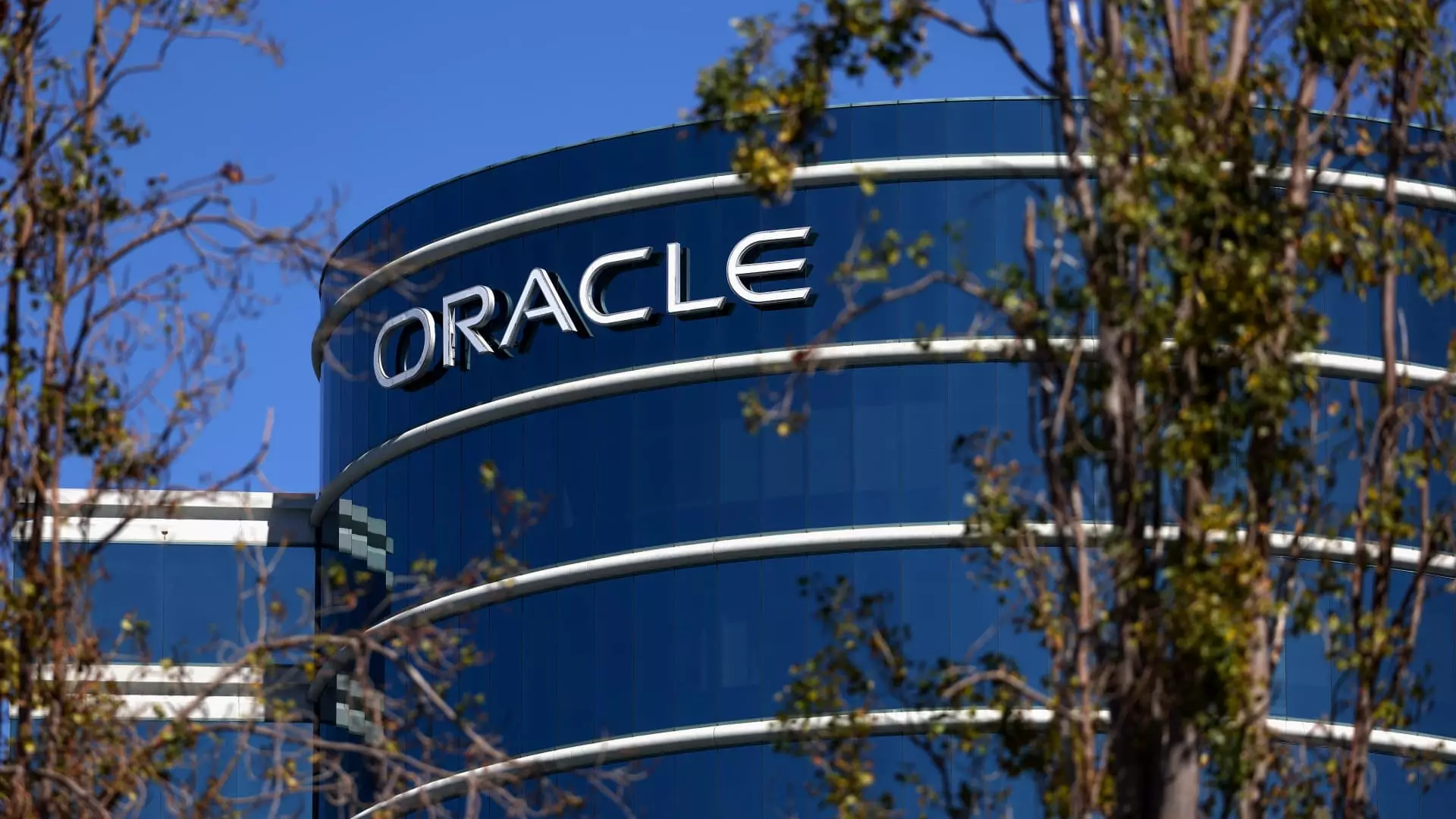In the rapidly advancing world of technology, artificial intelligence has emerged as a significant contributor to increasing energy demands. This trend poses a formidable challenge for data services and manufacturing sectors, as traditional energy sources may fall short of meeting future requirements. In a striking announcement during Oracle’s recent earnings call, co-founder Larry Ellison revealed that the company is pursuing a groundbreaking solution to this impending energy crisis: small modular nuclear reactors. Ellison’s input raises the stakes for how tech companies will adapt to the burgeoning needs fueled by AI.
Describing his proposal as potentially “bizarre,” Ellison emphasized the unprecedented electricity demand that applications and infrastructures related to artificial intelligence are creating. Oracle is contemplating a massive data center that would require over a gigawatt of electricity, a demand typically associated with large industrial facilities. The company plans to power this ambitious project with three small nuclear reactors, further demonstrating the lengths to which Oracle is willing to go in addressing the looming energy shortages exacerbated by technological advancements.
Ellison characterizes this initiative as a response to a pressing reality — the existing power systems might not endure the future’s electricity demands. By identifying a site with pre-approved building permits for the reactors, Oracle is positioning itself on the cutting edge of energy innovation. This proactive approach is a clear indication of the urgency exhibited by tech giants in relation to energy sustainability.
Small modular nuclear reactors (SMRs) are touted as a potential game-changer in the race for reliable, low-carbon energy. Unlike traditional nuclear plants that often require extensive infrastructure and face regulatory challenges, SMRs are designed for efficient, faster deployment. Typically smaller in scale, these reactors promise cost-effectiveness by being prefabricated and assembled on-site, thus potentially overcoming financial barriers that have hindered larger projects.
Despite this promise, experts caution that SMRs are not yet ready for large-scale commercialization in the United States; projections suggest a timeline extending into the 2030s before they become mainstream. Currently, operational examples of these innovative reactors are limited to Chinese and Russian territories, presenting challenges for the U.S. in developing its nuclear capabilities amidst geopolitical tensions.
Oracle’s pivot towards nuclear energy symbolizes a vital shift in how technology industries address sustainability and energy demands. The strain predicted on the electrical grid by rising AI needs underscores the urgency for alternative power solutions. Ellison’s statement highlights a broader need for innovation in energy policy, regulation, and infrastructure to adequately support the upcoming technological revolution.
As tech companies worldwide grapple with the pressing need for reliable energy sources, Oracle’s early adoption of small modular reactors may inspire further investment in nuclear technology and signal a new era of energy production. The pursuit of sustainable, low-carbon energy solutions underlines an evolution, not only within Oracle but across industries facing similar challenges. The race for energy sustainability will play a crucial role in shaping the future of technology and its contribution to a greener planet.

